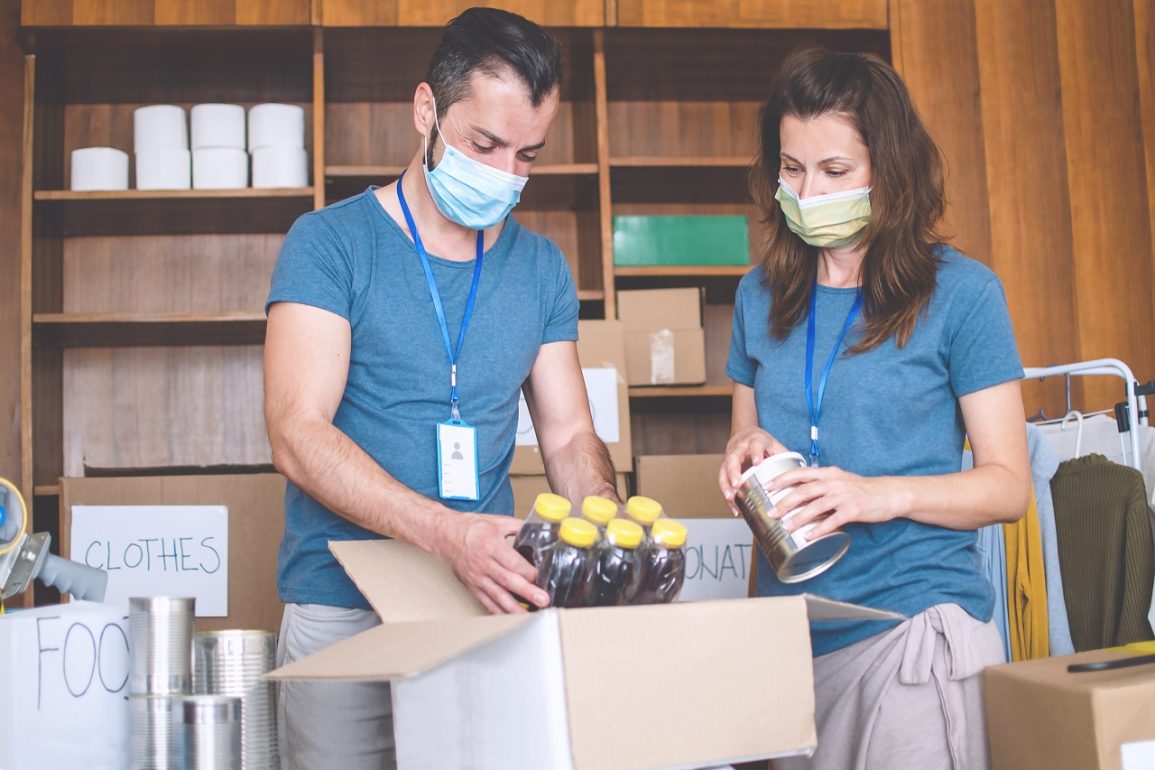Ever since COVID-19 reared its ugly head, people across the nation have struggled with everything from job loss to staying healthy throughout the pandemic. However, COVID-19 may actually be to thank for King County’s newest homeless shelter, which will be the largest in the state.
The shelter, which recently opened in Seattle’s SODO district, can accommodate up to 280 guests (though its initial capacity will be set at 242). The facility was originally intended as a COVID Assessment and Recovery Center, where people who were waiting for COVID test results or who had come into contact with an infected person could stay, but ultimately the building was not needed for this purpose.
Instead, the collection of auto repair shops that have been leased with federal funds have been refurbished into a much-needed shelter for the city’s homeless population.
The shelter offers guests their own semi-private space to sleep and keep their belongings, including a bed, side table, storage trunk and a chair. It comes as a boon for many of the guests—some of whom had previously slept on the floors of overcrowded shelters in the area.
In addition to their own dedicated space, the shelter provides residents with three meals a day and access to Wi-Fi. The county will also move its recovery services and sobering support from the nearby Recovery Café to the new shelter. While there is no time limit on how long a resident can stay at the shelter, every day staff members will work with residents toward helping them secure temporary or permanent housing.
Since the facility was originally intended as a COVID recovery center, it is equipped with a high-quality air filtration system that meets public health standards to prevent the spread of the virus among guests.
Currently, the shelter is being funded by the CARES act, which will need to be renewed in January for the shelter to be able to continue operations.
Throughout Seattle and King County, there are 2,300 shelters in place, with an additional 400 planned for 2021. Officials say there are about 4,000 unsheltered people currently in the county, and they anticipate that number could rise when the eviction moratoriums end.
This article was originally posted on KOMO News by Matt Markovich.




